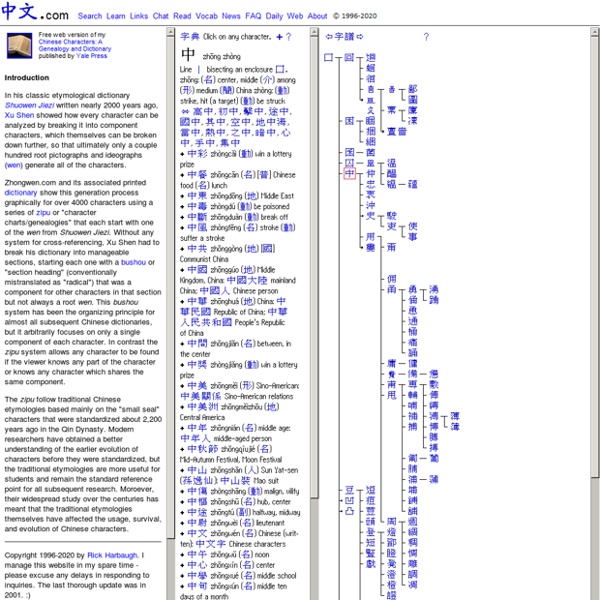



Baal-hermon | The amazing name Baal-hermon: meaning and etymology The name Baal-hermon occurs twice in the Bible. It belongs to either a town near mount Hermon or else is the name of a mountain close to mount Hermon. Prior and just after the conquest of Canaan, mount Baal-hermon was peopled by Hivites (whose job it was to test Israel, to see if the latter would stick to the commands of YHWH; Judges 3:3-4). The Chronicler submits that at some point after the conquest, Baal-hermon (without the word for mountain in front of it) became settled by the half-tribe of Manasseh (1 Chronicles 5:23). The name Baal-hermon consists of two parts. Excerpted from: Abarim Publications' Biblical Dictionary בעל The verb בעל (ba'al) means to exercise dominion over; to own, control or be lord over. God is obviously called 'lord' all over the Bible and the sin of the Baal priests (1 Kings 18:40) was not that they called upon some other deity but rather their incessant howling of the word 'lord' without any further responsibility or effects (see Matthew 7:21 and 11:4-5). חרם
Apostrophe Rules: A Quick Guide to Proper Use in English Grammar - Love English Are you struggling to understand when to use apostrophes in your writing? Look no further! In this article, we will provide you with a comprehensive guide to apostrophe rules. Apostrophe Rules Understanding the Apostrophe If you’re learning English, the apostrophe can be a bit confusing at first. What is an Apostrophe? An apostrophe is a punctuation mark that is used to show possession or to indicate the omission of letters in a word. Usages of Apostrophe Apostrophe Use for Possession One of the primary uses of the apostrophe is to indicate possession. For example: John’s carThe cat’s tailThe children’s toys Note that the apostrophe is placed before the “s” when the noun is singular, and after the “s” when the noun is plural. Apostrophe Use for Contractions Another common use of the apostrophe is to indicate a contraction. You’re (you are)They’ll (they will)I’m (I am) Common Apostrophe Mistakes One of the most common mistakes people make with apostrophes is using them incorrectly for plurals. 1.
Medical Etymologies Simp Meaning & Origin The slang simp appeared to come out of nowhere in 2019–20. It’s popularly claimed that the internet slang simp is an acronym for “Suckers Idolizing Mediocre Pussy.” But, as usual, the story of simp isn’t so simple. The internet teen slang simp, as is true of many slang terms that go mainstream, appears to come directly from Black hip-hop slang—and it’s older than you may think. Hip-hop lyrics from the late 1980s and 1990s were already using simp as an insult for a men perceived as too subservient to a woman. For instance, on Ice-T’s 1987 “Our Most Requested Record [Long Version],” DJ Evil E raps: “Taking out all simps and suckers …” Urban Dictionary entries in the early 2000–2010s also use simp in this way, with some of them maintaining that simp is a blend of sissy and pimp. Then there’s simp as a short form of simpleton (a fool), which was first recorded all the way back in the early 1900s. The slang simp spreads in the 2010s.
Browse subjects: danish language etymology | The Online Books Page Browsing Subjects : "Danish language -- Etymology" to "Dante Alighieri, 1265-1321. Divina commedia -- Concordances" (Include extended shelves) Help with reading books -- Report a bad link -- Suggest a new listing Home -- Search -- New Listings -- Authors -- Titles -- Subjects -- Serials Books -- News -- Features -- Archives -- The Inside Story Edited by John Mark Ockerbloom (onlinebooks@pobox.upenn.edu)OBP copyrights and licenses.
21 Doublespeak Examples (Quotes and Definition) (2023) Doublespeak is deliberately distorting language. The term “doublespeak” derives from two concepts in George Orwell’s famous novel Nineteen Eighty-Four (Orwell, 1949/2021). Examples of doublespeak include use of euphemisms, jargon, vagueness, intentional omission, misdirection, and idioms in order to obscure the truth and engage in Machiavellian behavior. The terms “doublethink” and “Newspeak” frequently occur in the novel, but “doublespeak” does not. Similarities can also be seen in Orwell’s classic essay Politics and the English Language (Kehl & Livingston, 1999), which discusses the distortion tactics used for political purposes. Definition of Doublespeak Doublespeak is the language that deliberately distorts, disguises, obscures, hides, or reverses the meaning of words. Doublespeak can take the form of euphemisms, such as “servicing the target” for bombings, in which case it is often used to make the truth seem more acceptable. The process can be either conscious or unconscious. 1. 2. 3.
Spanish Etymology, Learning Spanish Spanish Etymology, Learning Spanish | Learning Spanish & Etymology Pattern-Matching for Nerds Swam or Swum: Which is Correct? Swim is an irregular verb; swam is the past tense of swim, while swum is the past participle. Swum is used after have, as in "I have swum in that pool before." Passing by a scenic lake on a road trip, a friend might point out that they have swam in its crystal-blue water. Another might say that they, too, have swum in it. Past Tense vs. The rules of grammar do chime with the statement. [Present perfect] "More people probably swam last week than have swum in the past decade," says Daniel Start, the author of several Wild Swimming guides to finding the best places for a dip across the UK and beyond. — Susie Mesure, iNews, 4 June 2020 [Past perfect] During the 2000 Olympic final, 15-year-old Michael Phelps had swum his first Olympic final, placing 5th. — Nick Pecoraro, SwimSwam, 8 June 2020 [Future perfect] By the time she hits the shores of Kent, England late on Monday, it’s expected that Thomas will have swum non-stop for around 50 hours. — Phil Boucher, People, 16 Sept. 2019
Learn Chinese characters, translate from English to Chinese and read several Chinese
classics in their original text. by nda_librarian May 7